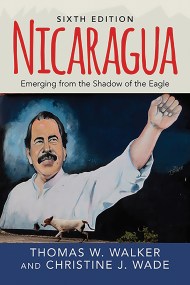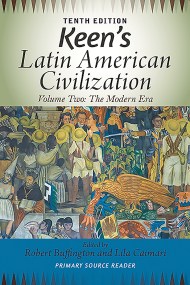Costa Rica
Quest For Democracy
Contributors
By John A Booth
Formats and Prices
Price
$45.00Format
Format:
Trade Paperback $45.00Also available from:
How did Costa Rica become Central America's first successful democracy? How does Costa Rican democracy work? How does democracy survive despite regional turmoil, foreign intervention, and economic crisis? Beginning with Costa Rica's history within the Central American context, John Booth traces democratic development in Costa Rica through its institutions, rules of the political game, parties, elections, and interest groups. After a review of socioeconomic and political forces, the author examines political participation and culture, political economy, and foreign affairs.Several democratization theories suggest that Costa Rica should not be democratic at all. Costa Rica's own myth portrays a nation democratic virtually since independence. Both are wrong. Booth reviews classical theories about democracy as a framework for understanding the Costa Rican case. A history of democratization debunks much of the foundation myth, revealing how developing class forces created the modern regime after the 1948 Civil War. Analyses of social structure, political participation, political culture, foreign affairs, and the recent transformation of the Costa Rican political-economic model reveal how regional unrest, foreign intervention, and economic crisis had transformed the state and its development model by the 1990s. Booth concludes by evaluating the prospects for Costa Rican democracy and its lessons for the rest of Latin America.The book's overview of Costa Rican politics is accessible and useful for students, scholars, and general readers.
Genre:
- On Sale
- Nov 5, 1999
- Page Count
- 256 pages
- Publisher
- Avalon Publishing
- ISBN-13
- 9780813337142
Newsletter Signup
By clicking ‘Sign Up,’ I acknowledge that I have read and agree to Hachette Book Group’s Privacy Policy and Terms of Use







